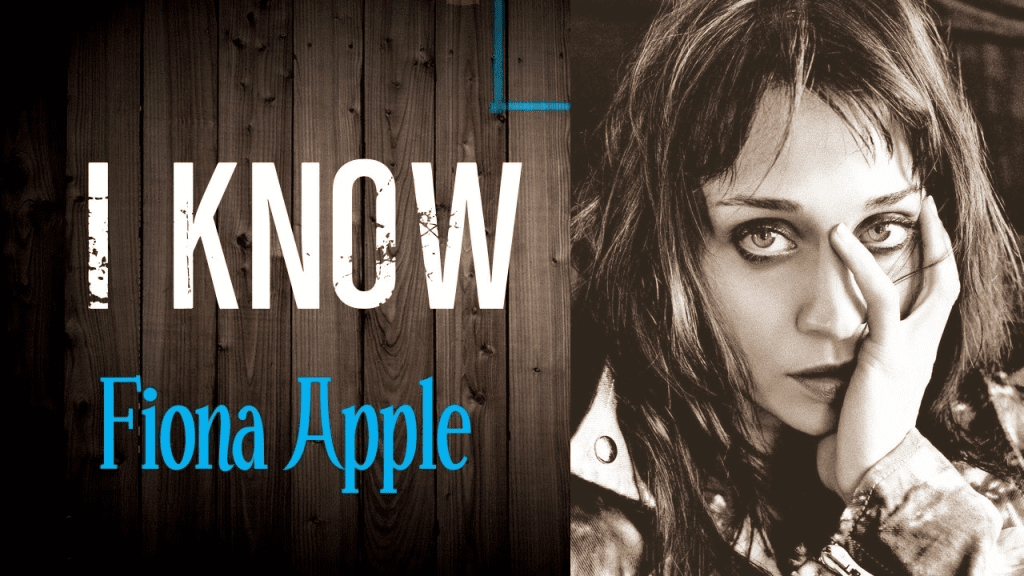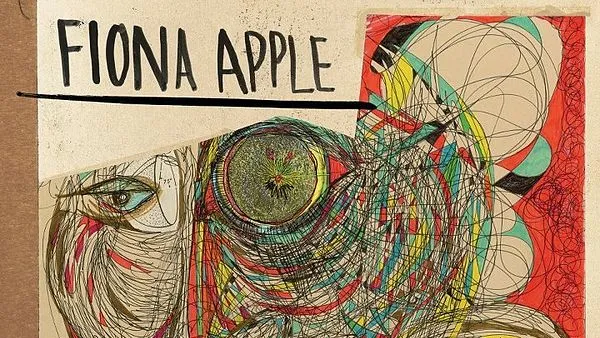Fiona Apple stands as one of the most talented and enigmatic singer-songwriters in modern music. Her work, characterized by its poetic lyricism, raw vocals, and piano-driven sound, has redefined the boundaries of alternative music since the 1990s. With themes of vulnerability, mental health, and self-discovery, Apple’s music resonates deeply with audiences. In this article, we’ll explore Fiona Apple’s biography, career, personal life, and current status, highlighting her evolution and impact on the music industry.
Early Life: The Birth of a Prodigy

Fiona Apple McAfee-Maggart was born on September 13, 1977, in New York City, into an artistic family. Her father, Brandon Maggart, was an actor, while her mother, Diane McAfee, was a singer. Growing up in this creative environment, Apple was naturally drawn to music. At the age of 8, she began playing the piano, teaching herself by ear and developing a unique style that combined classical training with deep emotional expression.
However, Apple’s childhood was not without its struggles. She faced anxiety, depression, and trauma, experiences that deeply influenced her music and songwriting. These early battles with mental health became a defining aspect of her work, shaping the raw honesty that characterizes her lyrics.
The Breakthrough: “Tidal” and Early Success

Apple burst onto the music scene in 1996 with her debut album, Tidal. Released when she was just 18, the album was a blend of jazz, blues, and alternative rock, introducing listeners to Apple’s haunting vocals and introspective lyrics. It was a critical and commercial success, featuring hit tracks like “Criminal,” “Sleep to Dream,” and “Shadowboxer.”
“Criminal” became Apple’s biggest hit, winning her a Grammy Award for Best Female Rock Vocal Performance in 1998. The song’s candid exploration of guilt, vulnerability, and desire resonated with audiences, helping the album reach triple platinum status. With Tidal, Apple established herself as a fearless and unfiltered voice in alternative music.
Pushing Boundaries: “When the Pawn…” and “Extraordinary Machine”
Following the success of Tidal, Apple released her second album, When the Pawn… in 1999. The album’s full title is a 90-word poem that exemplifies Apple’s love for poetic expression and defiance of conventional norms. Musically, it presented a more mature sound, with tracks like “Fast as You Can,” “Paper Bag,” and “I Know” exploring themes of heartache, resilience, and introspection.
Her third album, Extraordinary Machine (2005), had a tumultuous production process. An original version of the album was shelved but later leaked online, creating buzz among fans. Eventually re-recorded and officially released, Extraordinary Machine received critical acclaim for its complex compositions and bold lyrics. Tracks like “O’ Sailor” and “Get Him Back” demonstrated Apple’s evolving musical style, blending orchestral arrangements with her signature piano-driven sound.
Stripped-Down Brilliance: “The Idler Wheel…”

Apple’s fourth album, The Idler Wheel Is Wiser Than the Driver of the Screw and Whipping Cords Will Serve You More Than Ropes Will Ever Do (2012), showcased a raw, stripped-down sound. The album featured minimal instrumentation, focusing instead on Apple’s emotive voice and haunting piano melodies. Songs like “Every Single Night,” “Werewolf,” and “Hot Knife” captured Apple’s continued exploration of emotional landscapes.
The Idler Wheel… received a Grammy nomination and widespread acclaim, further cementing Apple’s reputation as an unconventional yet highly respected artist. It also marked another chapter in Apple’s fearless approach to music, focusing on themes of self-discovery and psychological depth.
Personal Struggles and Advocacy

Apple’s personal life has been a source of both inspiration and challenge. She has openly discussed her experiences with mental health issues, including anxiety, depression, and obsessive-compulsive disorder (OCD). Her struggles are often woven into her music, allowing fans to connect with her on a personal level.
Apple has also been involved in advocacy, supporting causes like animal rights, LGBTQ+ rights, and mental health awareness. Through her music and public statements, she has become a voice for social justice, using her platform to promote dialogue and positive change.
“Fetch the Bolt Cutters”: A Masterpiece of Liberation

In 2020, Apple released her highly anticipated fifth album, Fetch the Bolt Cutters, her first in eight years. Recorded primarily in her home studio, the album features unconventional production, using found sounds, dog barks, and layered vocals to create a unique listening experience. It explores themes of female empowerment, liberation, and personal autonomy.
Fetch the Bolt Cutters was hailed as a masterpiece, earning universal critical acclaim and winning Best Alternative Music Album at the 2021 Grammy Awards. Tracks like “Shameika,” “Under the Table,” and “Relay” showcase Apple’s unfiltered approach to songwriting, challenging societal norms and celebrating personal freedom.
Fiona Apple Today: A Lasting Legacy

Fiona Apple remains a vital and influential figure in contemporary music. Her refusal to conform to industry norms has earned her a devoted fan base, while her innovative sound has inspired a new generation of artists, including Regina Spektor, Florence Welch, and Billie Eilish.
Apple’s legacy extends beyond her music; she stands as a symbol of artistic authenticity and resilience. Her willingness to confront personal demons, explore complex themes, and push musical boundaries has made her one of the most respected and enduring artists in alternative music.
Conclusion: Fiona Apple’s Timeless Influence

Fiona Apple’s journey is a story of courage, creativity, and unyielding authenticity. From her debut with Tidal to her groundbreaking work on Fetch the Bolt Cutters, Apple has consistently defied expectations and redefined alternative music. Her lyrics, filled with poetic introspection, raw emotion, and psychological depth, continue to resonate with listeners worldwide.
Apple’s influence goes beyond her music; she represents a voice of vulnerability, resilience, and empowerment in a world that often demands conformity. As she continues to evolve as an artist, Fiona Apple remains a testament to the power of music as a medium for personal expression, healing, and connection.


